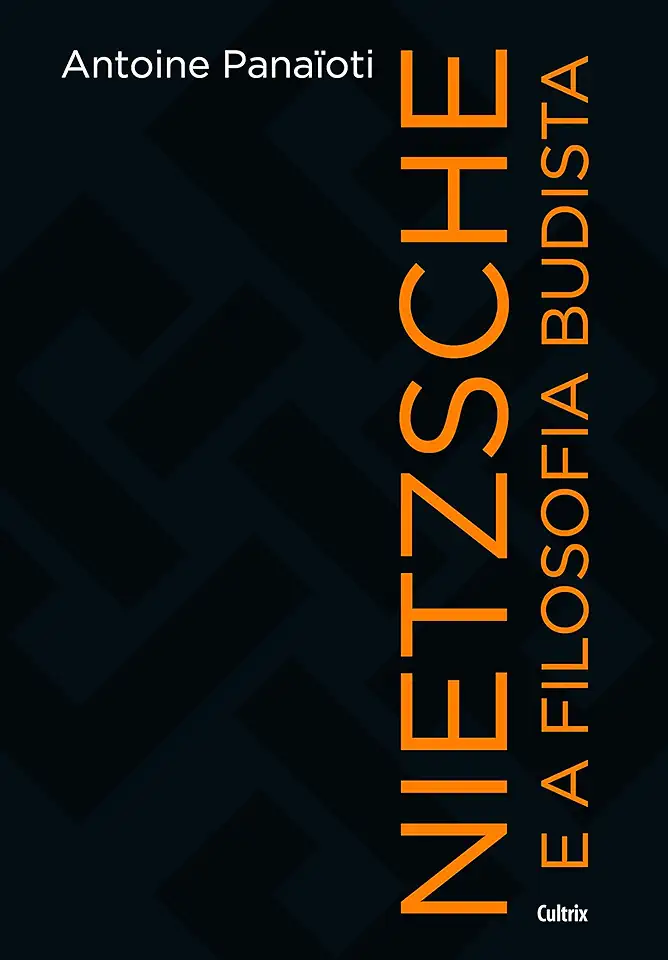
Nietzsche and Buddhist Philosophy - Panaïoti; Antoine
Nietzsche and Buddhist Philosophy: A Comparative Study
In his book "Nietzsche and Buddhist Philosophy," Panaïoti Antoine offers a groundbreaking comparative study of two of the most influential philosophical traditions in the world. Drawing on a wealth of primary and secondary sources, Antoine argues that Nietzsche and Buddhism share a number of profound insights into the human condition, despite their many differences.
The Will to Power and the Four Noble Truths
One of the most striking parallels between Nietzsche and Buddhism is their emphasis on the importance of the will to power. Nietzsche argues that the will to power is the fundamental driving force behind all human behavior, while Buddhism teaches that the root of all suffering is desire. Antoine shows how these two seemingly contradictory ideas can be reconciled by understanding the will to power as a creative force that can be used for good or for evil.
The Übermensch and the Bodhisattva
Another important parallel between Nietzsche and Buddhism is their conception of the ideal human being. Nietzsche's Übermensch is a超人 who has overcome the limitations of ordinary morality and achieved a state of self-realization. The Bodhisattva is a similar figure in Buddhism who has renounced personal Nirvana in order to help others achieve enlightenment. Antoine argues that these two ideals are not as different as they might seem, and that they both point to the possibility of human transcendence.
Eternal Recurrence and Rebirth
One of the most controversial ideas in Nietzsche's philosophy is the doctrine of eternal recurrence. Nietzsche argues that the universe is cyclical and that every event will repeat itself eternally. This idea is similar to the Buddhist concept of rebirth, which teaches that all beings are trapped in a cycle of birth, death, and rebirth until they achieve enlightenment. Antoine explores the similarities and differences between these two doctrines and argues that they both offer a profound insight into the nature of time and existence.
Conclusion
In "Nietzsche and Buddhist Philosophy," Panaïoti Antoine offers a brilliant and original comparative study of two of the most important philosophical traditions in the world. Antoine shows how Nietzsche and Buddhism share a number of profound insights into the human condition, despite their many differences. This book is a must-read for anyone interested in philosophy, religion, or the human condition.
Why You Should Buy This Book
"Nietzsche and Buddhist Philosophy" is a groundbreaking work of scholarship that offers a new perspective on two of the most influential philosophical traditions in the world. Antoine's writing is clear, concise, and engaging, and he does an excellent job of explaining complex philosophical concepts in a way that is accessible to a general audience. This book is a must-read for anyone interested in philosophy, religion, or the human condition.
Here are a few reasons why you should buy this book:
- It offers a new and original perspective on Nietzsche and Buddhism.
- It is written in a clear, concise, and engaging style.
- It is accessible to a general audience.
- It is a must-read for anyone interested in philosophy, religion, or the human condition.